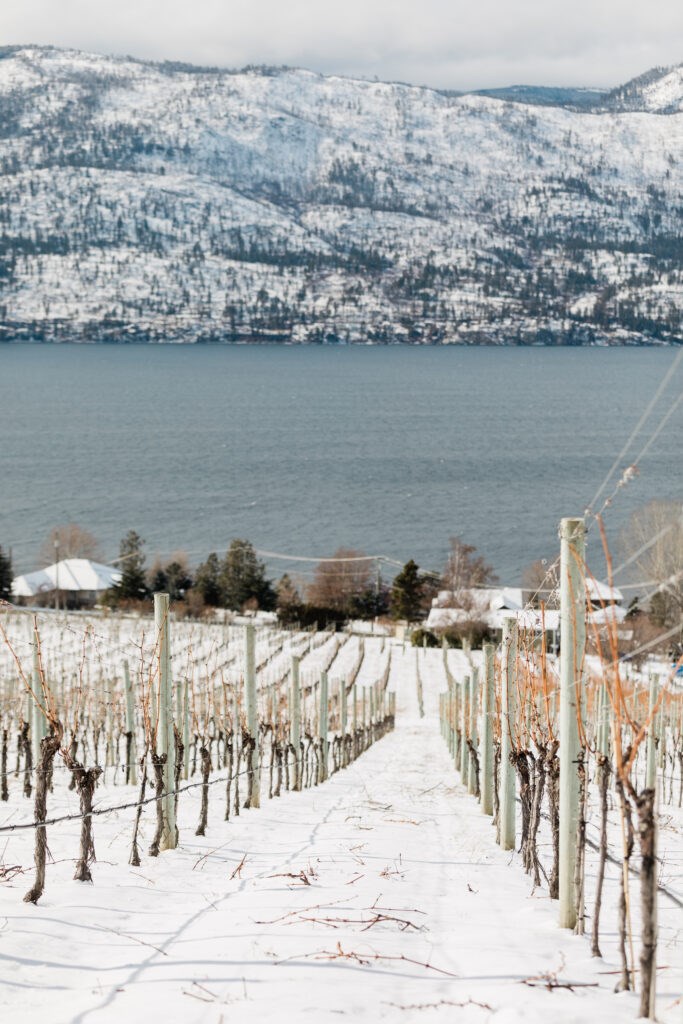Catastrophic might not even begin to describe the situation when it comes to Okanagan wineries and vineyards this year.
In fact, there is a good chance there will be no grapes grown in the valley this year at all.
A report conducted by the wine industry and a leading B.C. management consulting firm has determined mid-January’s cold snap will mean production of B.C. grapes and wine is projected to be 97-99% lower than usual in 2024. The report says the financial damage for wineries and vineyards could be $346 million and as much as $445 million when you include industry suppliers, logistics providers and distributors.
“Due to the extent of damage to primary and secondary buds observed across a wide range of regions and grape varieties, the January 2024 cold event is anticipated to result in catastrophic crop losses within the B.C. wine industry,” Cascadia Partners wrote in its report for Wines of British Columbia.
“Preliminary industry-wide estimates are that the crop will produce just 1-3% of typical yields, with the majority of that coming from unaffected regions such as the Fraser Valley and Vancouver Island.”
The cold snap, which took place between Jan. 11 and 15, caused severe damage to 32 grape varieties in nine Interior regions. The vast majority of samples taken after the cold snap showed no signs of life in their primary or secondary buds.
Temperatures plunged well below the -20 C threshold in the Okanagan and was below that devastating mark for 50 cumulative hours in the North Okanagan.
This is the second straight year frigid temperatures have devastated Okanagan wineries and vineyards. A preliminary crop report from the BC Wine Grape Council found the shorter cold snap in December 2022 resulted in a 58% reduction in industry wide grape and wine production in 2023. The same research that predicts a 97% to 99% loss this year estimated a 56% reduction last year.
“This initial finding represents an enormous challenge for the B.C. wine industry in 2024 and beyond,” Cascadia Partners wrote in the report. “Facing an almost complete write-off of the 2024 vintage, B.C. wineries will struggle to keep 100 percent B.C. wine stocked on retail shelves, to supply hospitality channels and to fulfil wine club subscriptions.
“Longer term impacts on grapevine health, including the need to replant, are also anticipated but cannot be precisely estimated until later in the year. These impacts not only amplify the revenue losses above, but also require significant capital outlay from vineyards and wineries to rebuild their agricultural foundation.”



